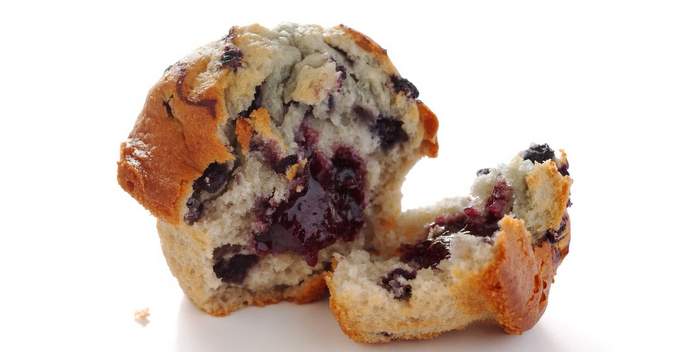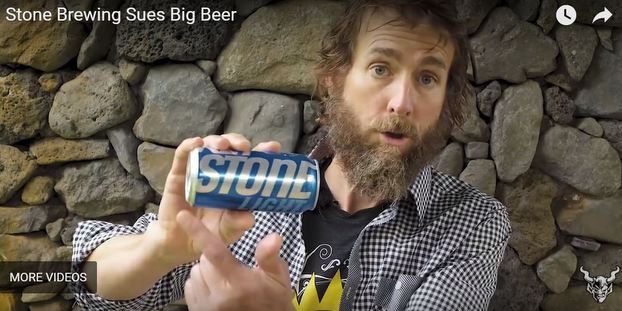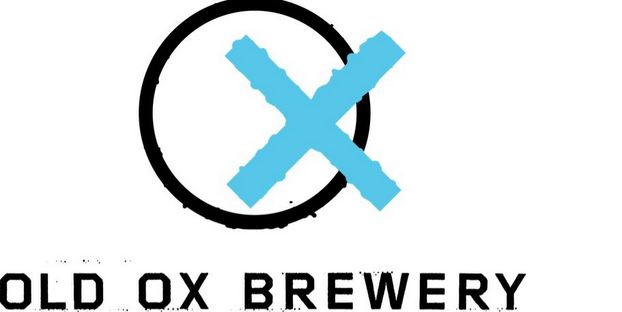
Aside from the regulatory requirements imposed on beer labels, as discussed in the Anatomy of a Beer Label Part I: Certificate of Label Approval (COLA) article, brewers should consider protecting the trademarks featured on their beer labels.
Since every brewer has a brand, consumers most commonly encounter brewers’ trademarks in the form of a brand name or logo. Trademarks serve as source identifiers to distinguish the origin of goods and services and avoid consumer confusion. Typically, a trademark may be a word, phrase, design, or a combination of such items, though trademarks may also protect sounds, colors, and smells under certain conditions. For a beer label, trademark law is best suited to protect the brewery name, sub-brand or inventive beer name, and any slogans or logos.
Brewers, like all business owners, gain trademark rights in a term simply by using the term. However, unregistered “common law” trademarks only grant rights in the geographic area where the owner sells or ships its goods under that mark. Trademark owners, like brewers, may consider registering their trademarks with the U.S. Patent and Trademark Office (USPTO) for additional benefits. For example, federal registrations provide presumptive nationwide rights. Brewers who search for registered trademarks to clear their own proposed marks may more easily discover registrations with the USPTO and then avoid using a potentially infringing proposed mark.
Also, if another company applied to register a trademark that the USPTO considered confusingly similar to a brewer’s existing trademark registration, the USPTO may refuse to register the later-filed mark, which benefits the registered trademark owner. Registered trademark owners also benefit by being eligible to apply to record their trademarks with U.S. Customs and Border Patrol, which will help prevent importation of counterfeit or other infringing goods.
Before applying to register or use a trademark, it is prudent to hire counsel to conduct a trademark search. Counsel will evaluate the risk that existing trademarks may present to registration or use of the proposed mark. One of the common reasons that the USPTO rejects a trademark registration is that a “likelihood of confusion” exists with an already-registered trademark. The USPTO, as well as the courts, evaluate likelihood of confusion not just with respect to identical products, like two types of beers, but also with related products.
Since trademarks cast this “shadow” over related goods, counsel may evaluate trademarks used not only on beer but also on wine, spirits, or other products or services, to review whether the trademark conflicts with any potentially related products or services. While there is no rule that all alcohol beverage products are related, the USPTO does routinely find them to be related, and considerations like this factor into the trademark search analysis. However, similarity of the products is only one factor in the likelihood of confusion analysis relevant to selecting a trademark.
When filing a trademark application with the USPTO, an applicant must indicate a filing basis. A “use in commerce” filing basis requires that the trademark owner already uses the mark in interstate commerce. An “intent-to-use” filing basis indicates that the applicant has a bona fide intent to use the trademark in interstate commerce. Acquiring a COLA before applying to register a trademark can help support an intent-to-use filing if challenged later, so breweries may consider seeking a COLA before applying to register a trademark.
As an alternative to federal trademark registration, brewers may consider filing trademark applications at the state level. To register a trademark at the state level, the application must meet the specific requirements of the particular state.
Check back next week for the final segment of our three-part series, which will cover trade dress and copyright protections for beer labels.
Daan Erikson is an attorney in Husch Blackwell’s Chicago office and is a member of the firm’s Food & Agribusiness industry group and Intellectual Property practice team. Emily Lyons is an attorney in Husch Blackwell’s Washington, D.C. office and is a member of the firm’s Food & Agribusiness industry group and Alcohol & Beverage practice team. Written with the assistance of Colleen Seidel, a summer associate in the Husch Blackwell Washington, DC office.





[…] Anatomy of a Beer Label Part II: Trademarks Craft Brewing Business […]